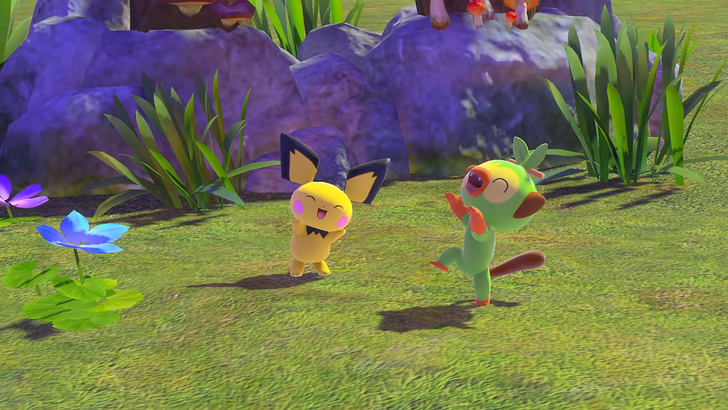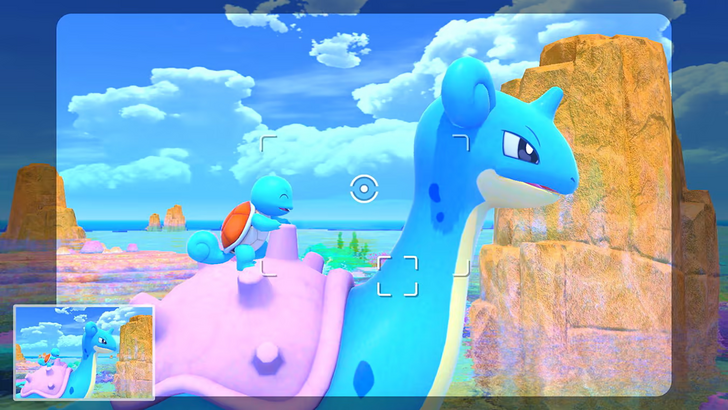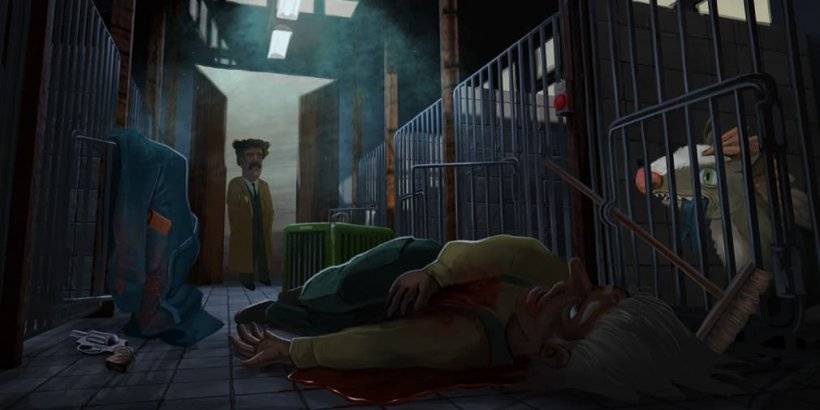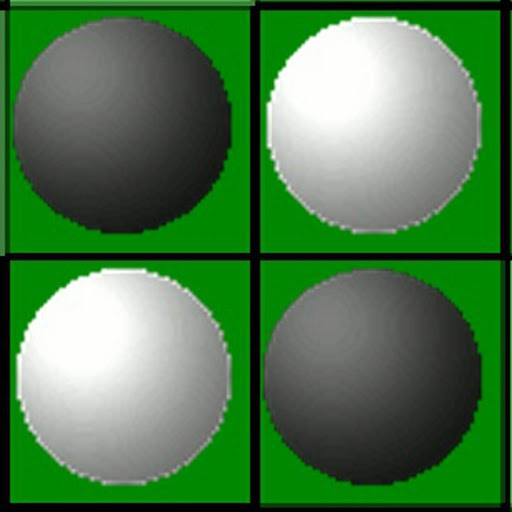
Nintendo achieves a landmark moment in China with the release of New Pokémon Snap. Read on to understand its importance and why it's the inaugural officially released Pokémon game in China.
New Pokémon Snap Launches in ChinaLandmark Release Marks Pokémon's Return to China

On July 16,
New Pokémon Snap, a first-person photography game released on April 30, 2021 globally, made history by becoming the first Pokémon game officially released in China since the country’s video game console ban was enacted and lifted in 2000 and 2015. The console ban in China was initially imposed due to concerns that the devices negatively impacted children’s mental and physical development. This landmark event marks a new era for Nintendo and Pokémon fans in China, as the franchise finally debuts on the Chinese market after years of restrictions.
Nintendo has long aimed to expand into the Chinese gaming market, and in 2019, Nintendo partnered with Tencent to bring the Switch to the country. With New Pokémon Snap’s release, Nintendo achieves a significant milestone in its strategy to penetrate one of the world’s largest and most lucrative gaming markets. This move coincides with Nintendo gradually increasing its presence in China, with plans to release several more prominent titles in the coming months.
Upcoming Nintendo Releases in China

Following the release of New Pokemon Snap, Nintendo has declared a lineup of extra games slated for launch in China, including:
⚫︎ Super Mario 3D World + Bowser’s Fury
⚫︎ Pokemon Let’s Go Eevee and Pikachu
⚫︎ The Legend of Zelda: Breath of the Wild
⚫︎ Immortals Fenyx Rising
⚫︎ Above Qimen
⚫︎ Samurai Shodown
These releases show Nintendo's ongoing attempts to develop a strong gaming collection in China, aiming to gain a bigger piece of the market with its popular series and fresh titles.
The Unexpected Legacy of Pokemon in China

The astonishment among global Pokémon enthusiasts regarding the enduring console prohibition in China underscores the intricate history of the franchise’s connection with the region. This restriction meant that Pokémon was never officially distributed in China, yet it cultivated a substantial fanbase, with numerous players finding avenues to access the games through international acquisitions. Furthermore, there were counterfeit versions of Nintendo and Pokémon games, along with occurrences of smuggling. Just in June of this year, a woman was apprehended smuggling 350 Nintendo Switch games in her undergarments.
One noteworthy endeavor to introduce Nintendo hardware into China without explicitly branding it as Nintendo was the iQue. Released in the early 2000’s, the iQue Player was a distinctive console developed in collaboration between Nintendo and iQue to counter the widespread piracy of Nintendo games in China. The device was essentially a compact version of the Nintendo 64, with all the hardware integrated into the controller.

A Reddit user highlighted that
Pokémon, achieving immense global popularity without ever officially entering China’s market, is particularly impressive. Nintendo’s recent actions indicate a strategic shift, aiming to connect international success with the previously untouched Chinese market.
The gradual reintroduction of Pokémon and other Nintendo titles into China marks a crucial moment for both the company and its fans. As Nintendo continues to maneuver this complex market, the enthusiasm surrounding these releases suggests a bright future for gaming enthusiasts in China and beyond.






 LATEST ARTICLES
LATEST ARTICLES 












